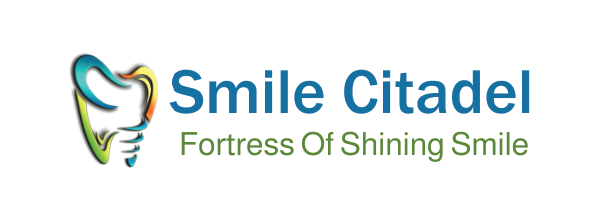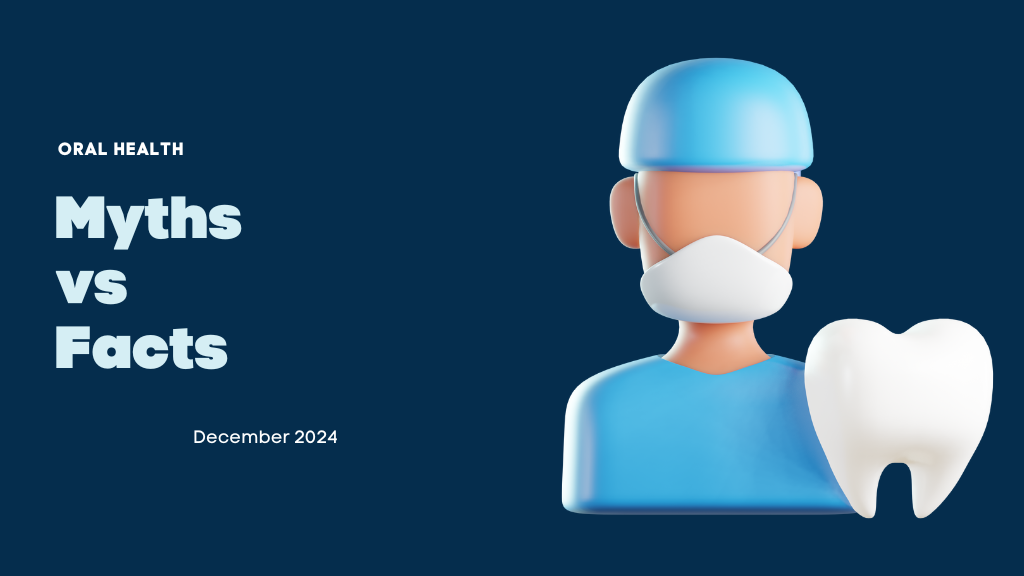Although general well-being depends on oral health, it is surrounded by many false ideas that may mislead people in their dental treatment schedule. Knowing the facts about oral health will enable people to keep a clean mouth and avoid dental issues. We will refute common oral health misconceptions, expose the reality behind them, and offer advice on improved oral hygiene techniques on this site.
Myth 1: Brushing Harder Cleans Teeth Better
Clearer teeth do not follow from increased effort. Actually, it can cause gum recession and sensitivity by erasing the enamel. Actually, gently circular strokes and a soft-bristled toothbrush are more efficient in eradicating plaque without damaging your teeth or gums. Combining this approach with fluoride toothpaste will help to strengthen enamel and guard against decay. Gentle brushing guarantees that your gums and teeth stay free of injury and healthy.
Myth 2: Sugar Is the Sole Cause of Cavities
Sugar is not the only offender; however it does cause cavities. The true problem is the bacteria in your mouth that break down sugar into acid, therefore weakening enamel and promoting decay. Foods heavy in carbohydrates and acidic drinks can also help to create cavities. Brushing after meals and washing your mouth with water will help to lower the dangers connected with sugary or acidic foods even further.
Myth 3: If Your Gums Bleed, Stop Brushing
Often an indication of gum irritation brought on by plaque accumulation, bleeding gums are not a cause for stopping brushing. Actually, reversing gingivitis requires constant good oral hygiene. Ignoring bleeding gums could cause more major disorders including periodontitis. See a dentist to handle the underlying cause and guarantee appropriate treatment should the problem continue.
Myth 4: Chewing Gum Can Replace Brushing
Gum free of sugar can aid increase saliva generation, therefore cleaning the mouth and neutralizing acid. It isn’t, however, a replacement for flossing and brushing. Gum leaves plaque and bacteria behind; it just removes surface-level trash. It is best used as a complement to brushing, especially in cases when brushing straight after meals is not practical.
Myth 5: Baby Teeth Don’t Need Care Because They’ll Fall Out
Ignoring baby teeth could cause major issues including pain, infection, and misalignment of permanent teeth. Maintaining jaw structure and regulating the growth of adult teeth, these teeth are absolutely crucial. Early in childhood, developing good oral hygiene practices helps kids create a basis for lifetime dental health.
Myth 6: White Teeth Are Healthy Teeth
The color of teeth has little bearing on their condition either. Teeth that seem white still have cavities, gum disease, or other problems. On the other hand, slightly yellowish teeth could be absolutely healthy as enamel’s natural hue is not exactly white. To guarantee a very healthy smile and identify issues invisible to the unaided eye, regular dental examinations and cleanings are vital.
Tips for Better Oral Hygiene
Using fluoride toothpaste, brush your teeth two times a day for at least two minutes to preserve best dental health. Daily floss to clear food particles and plaque from along the gumline and between your teeth. Cut less on sweet and acidic foods; drink lots of water to maintain a moist mouth. To guarantee good cleaning, also replace your toothbrush every three months or sooner if the bristles fray. Professional cleanings and early identification of any problems depend also on routine dental visits every six months.
How a Dentist Can Help
Dispelling myths and offering correct oral health advice depend much on dentists. To make sure teeth and gums are in good shape, they schedule regular visits, cleanings, and X-rays. Dentists can advise specific treatments including fillings, crowns, or periodontal therapy for more complicated problems. Developing a trustworthy relationship with your dentist guarantees that you remain updated about the finest methods to preserve a lifetime of a healthy smile.
Separating myths from realities will help you make wise decisions about your dental health and develop behaviors that support a lifetime of healthy smiles. Equipped with appropriate knowledge, empower yourself and maintain a consistent and successful oral care schedule.

